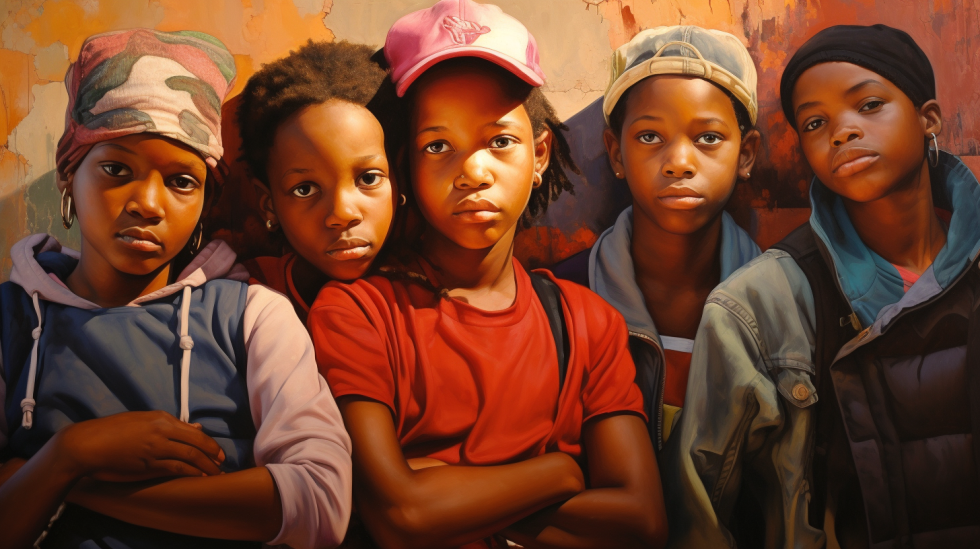Teenagers in South Africa face a number of social challenges, including those that come from their peer group. Here are three of the most common negative challenges that adolescents in South Africa might experience from their peers:

Peer Pressure to Engage in Risky Behaviors.
This can include things like underage drinking, drug use, unsafe sex, and violence. Peer pressure can be especially strong during adolescence when young people are trying to figure out who they are and where they fit in. They may feel like they need to do what their friends are doing in order to be accepted.
Peer pressure can be especially strong when it comes to things like underage drinking, drug use, and unsafe sex. Young people may feel like they need to do what their friends are doing in order to be accepted.
Parents and other adults can help reduce the risk of their children being influenced by peer pressure by talking to them about the dangers of risky behaviors. They can also teach their children how to resist peer pressure and make their own decisions.
Bullying
Bullying is any unwanted, aggressive behavior that involves a real or perceived power imbalance. It can take many forms, including physical bullying, verbal bullying, emotional bullying, and cyberbullying. Bullying can have a devastating impact on the victim, leading to low self-esteem, anxiety, depression, and even suicide.
Bullying is a serious problem that can have a devastating impact on the victim. It is important to remember that bullying is not just physical. It can also be verbal, emotional, or cyberbullying.
If you are being bullied, it is important to tell someone you trust. You can also talk to a counselor or therapist. There are also many resources available online and in your community that can help you cope with bullying.
Grooming for Sexual Exploitation
Sexual predators often target adolescents, who may be more vulnerable to their manipulation. They may befriend the adolescent, offer them gifts or money, or make them feel special. Once they have gained the adolescent’s trust, they may start to pressure them for sex.
These are just a few of the negative social challenges that adolescents in South Africa might experience from their peer group. It is important for parents, teachers, and other adults to be aware of these challenges and to talk to young people about them. By providing support and guidance, adults can help adolescents navigate these challenges and make healthy choices.
Sexual predators often target adolescents, who may be more vulnerable to their manipulation. They may befriend the adolescent, offer them gifts or money, or make them feel special. Once they have gained the adolescent’s trust, they may start to pressure them for sex.
If you are being groomed for sexual exploitation, it is important to tell someone you trust. You can also talk to a counselor or therapist. There are also many resources available online and in your community that can help you stay safe.
Assisting Youth in Their Struggles
If you are concerned that a young person you know is being negatively affected by their peer group, there are a few things you can do:
- Talk to the young person about your concerns.
- Offer your support and guidance.
- Help the young person to develop healthy coping mechanisms.
- Connect the young person with resources that can help them, such as a counselor or therapist.
It is important to remember that you are not alone. There are many people who can help young people who are struggling with the negative social challenges of their peer group. By working together, we can help young people to make healthy choices and to build positive relationships.
Conclusion
These are just a few of the negative social challenges that adolescents in South Africa might experience from their peer group. It is important for parents, teachers, and other adults to be aware of these challenges and to talk to young people about them. By providing support and guidance, adults can help adolescents navigate these challenges and make healthy choices.
